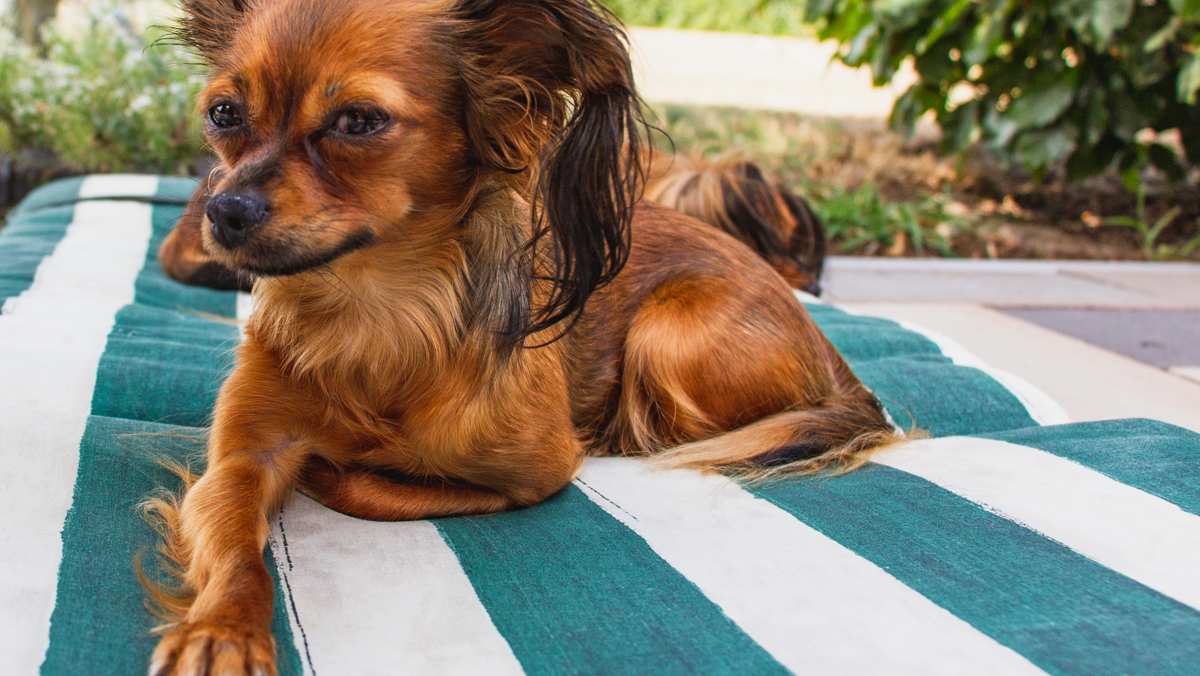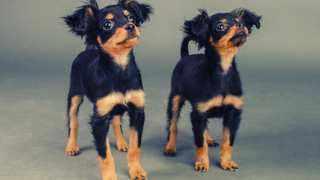Russkiy Toy Breed DetailsC
Small English Terriers had made their way to Russia by the early 1700's-- the most well known example belonging to Peter the Great. As the popularity of anything English grew during the 1800's, so too did the popularity of these little English Toy Terriers; the breed was a favorite among the aristocratic ladies of the period.
Although almost exterminated during the Communist revolution (1917) by the mid 1950's there was an effort to revive the breed. Only after this time did the development of the second (long-haired) coat type become standardized.
Today, this companion breed is still beloved by all owners for their lively playfulness and loving personality. They make excellent choices for the elderly and those that spend a lot of time at home-- or can bring them along on travels. Although Russian Terriers are not attack dogs, to be sure, they are top notch watch dogs that do show protective instincts. Consider the following Russkiy Toy breed facts:
PROS
- Perfectly sized for small dwellings
- Generally good with visitors
- Not aggressive
- Ok with other pets
- Lap dog and attention loving companion
- Good with travel
- Excellent watch dog
- Fairly easy to train
- Excels in agility activities
- Exercise needs easily met
CONS
- May experience separation anxiety
- Prone to Small Dog Syndrome
- Barks frequently
- Moderate grooming necessary
- Best for owners with older or no children
- Fragile
- May be aloof around strangers
- Not hypoallergenic

